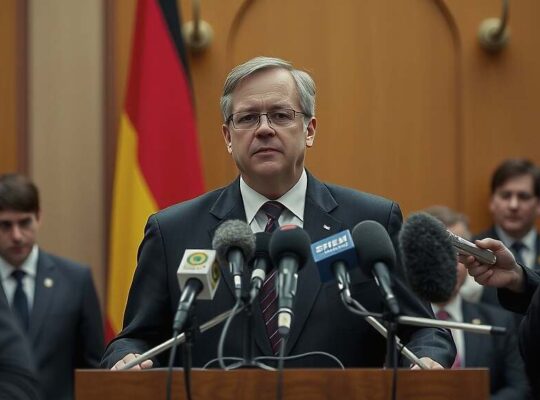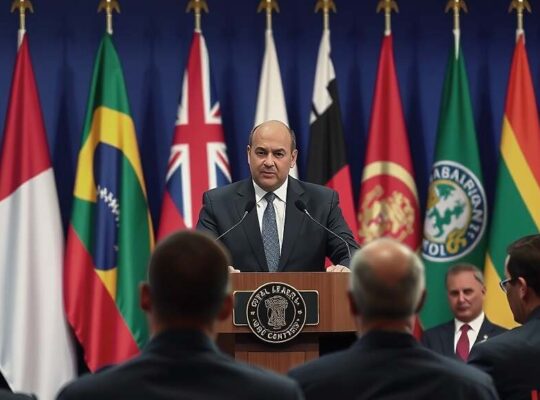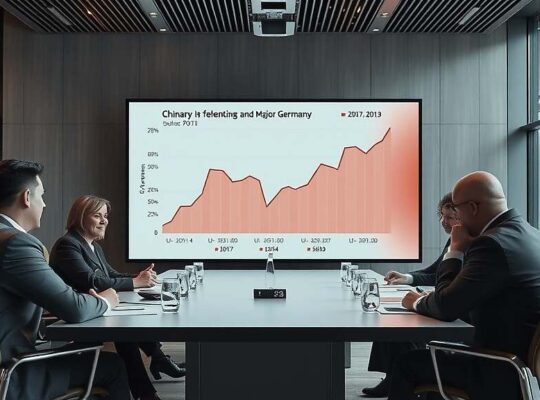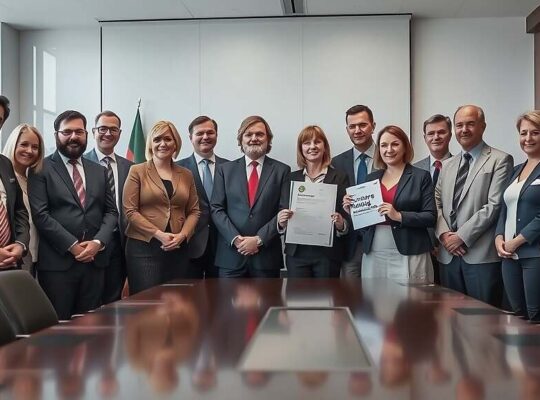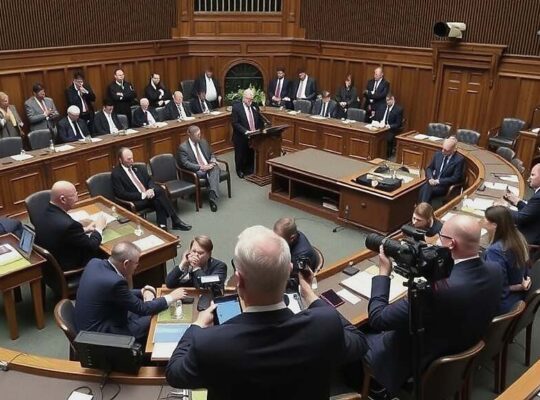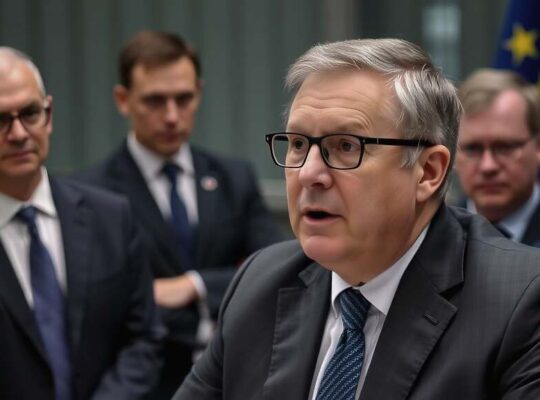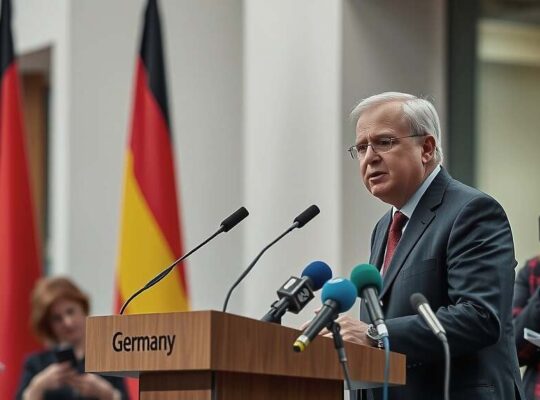The German government is poised to nominate former Minister for Construction Klara Geywitz (SPD) as the new Vice-President of the Federal Audit Court (Bundesrechnungshof), according to a letter from State Secretary for Finance Dennis Rohde (SPD) obtained by Bild. The move, revealed in Wednesday’s edition of the newspaper, signals a significant shift in personnel and raises scrutiny regarding the selection process and Geywitz’s suitability for the role.
Christian Ahrendt, the current Vice-President, is due to retire at the beginning of 2025, creating a vacancy that the government is now seeking to fill. While Rohde’s letter formally requests the parliamentary budgetary committee’s consideration of Geywitz’s candidacy, the nomination itself has sparked debate within political circles.
Critics are questioning the rationale behind selecting a former cabinet minister – whose tenure as Minister for Construction was marked by considerable controversy and delays in crucial housing and infrastructure projects – for a position requiring an unwavering commitment to financial oversight and accountability. The Bundesrechnungshof’s mandate demands rigorous and impartial assessment of government spending, a stark contrast to the political demands inherent in ministerial office.
The timing of the nomination is further fueling concerns. The selection process, traditionally viewed as a technical and non-partisan matter, now appears to be overtly politicized. Some observers suggest the appointment could signal a desire by the ruling SPD to ensure a more favorable perspective within the body responsible for scrutinizing government finances.
The budgetary committee’s deliberation on Rohde’s proposal is expected to be contentious. A thorough evaluation of Geywitz’s qualifications and a rigorous debate over the implications of her appointment will be crucial to maintaining the Federal Audit Court’s hard-earned reputation for impartiality and to safeguarding the integrity of Germany’s financial oversight mechanisms. The outcome will be closely watched as a barometer of the government’s approach to transparency and accountability.



